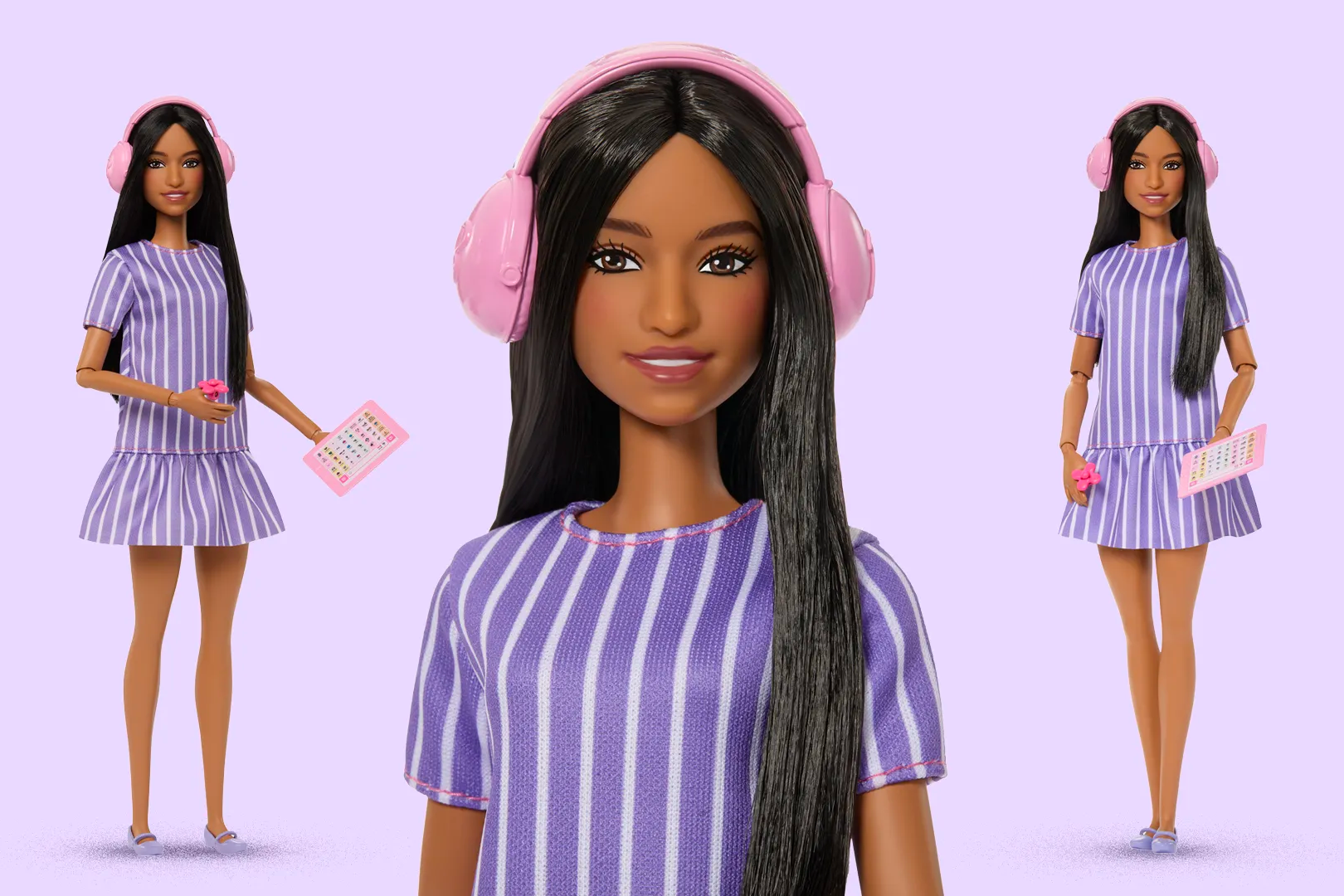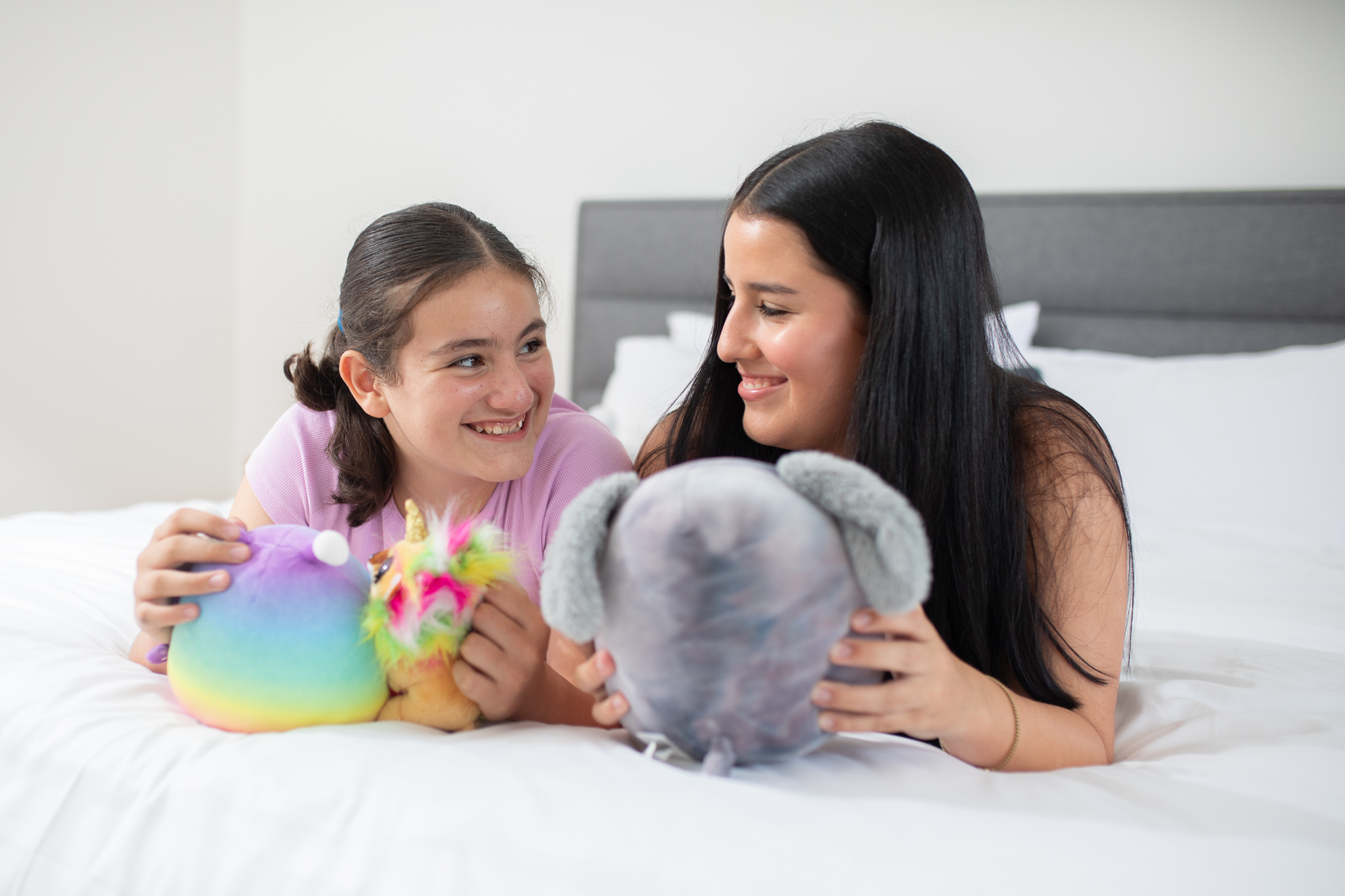Kay Kerr – Please Don’t Hug Me

This month we caught up with Kay Kerr, YA author and freelance writer to chat about her debut novel Please Don’t Hug Me.
We also spoke about receiving an adult autism diagnosis and to discuss the release of her second novel, 'Social Queue,' due out this year!
Kay, congratulations on your book, Please Don’t Hug Me, tell us about what readers can expect reading this novel?
Please Don’t Hug Me is a funny-serious Young Adult fiction novel about an autistic girl called Erin, who is about to finish high school and navigating all of the change that comes with that. She has just lost her part-time job, which she needed to save money for Schoolies, and she is preparing for formal, exams, her driving license, and graduation. All the big stuff that happens at the end of Year 12. She is also trying to figure out friendships and how she fits into her own family unit. It is written in a series of letters to her brother Rudy. I didn’t realise how contentious the epistolary format is, people either love it or HATE it, but I felt it was a good way for Erin to be able to reflect on how she felt about her day-to-day experiences. It takes me a bit of time to know how I feel about anything, so I thought it was the most direct and honest way for readers to connect with Erin’s thought processes and feelings. I hope readers might laugh and cry and feel their feelings in a way that leaves them uplifted by the time the story is finished.
What are some of the key themes you want readers to take away after reading your book?
I found the last few months of high school to be a particularly challenging time personally, so I thought writing about it would help me process it, as well as connect with readers who have or are finding it hard. I hope readers enjoy the book, first and foremost, and either feel represented and seen on the page, or understand other people in their lives a little better.
There are themes of friendship, grief, self-acceptance and self-love, disability representation, and personal growth throughout the book. I hope readers are able to find the parts of the story they need and connect with it however that happens. I also hope it might draw attention to some of the ways many places and situations are inaccessible to autistic people, and give birth to some ideas on how society could change that.
You received your autism diagnosis whilst writing the book. What was it like receiving a diagnosis as an adult and how did this influence the book?
I started writing the book as a way to process the challenges I was facing in my own life, and I processed so much I ended up coming away with an autism diagnosis, which was life-changing and wonderful. I think it’s a fairly common story for an adult diagnosis, where I eventually hit a burnout point and could no longer cope with the way I was living my life. The best way I’ve seen autistic burnout described is in a report from the Portland University, which says burnout is ‘a state of physical and mental fatigue, heightened stress, and diminished capacity to manage life skills, sensory input, and/or social interactions, which comes from years of being severely overtaxed by the strain of trying to live up to demands that are out of sync with our needs.’ It was exactly that.
It wasn’t that a diagnosis was a magical fix-all, it was that it gave me the understanding, language, and support needed to make big changes in my life to better accommodate my needs. I have changed so much since then, including my job, where I live, and what the day-to-day of my life looks like. I make room for so much more mental rest. I don’t put myself in situations that tax my mind when I am not up for it.
The funny thing is, I actually don’t think I had to change too much about the book. I was clearly writing about an autistic teenage girl, just without the understanding that that was what was going on. So I definitely went back and added that extra layer to contextualise my protagonist Erin’s struggles, strengths and way of being, but it was all there on the page. I just had to understand it about myself first.
When did you first realise you wanted to be a writer?
I was fortunate that stories have been a big part of my life since I was very young. My parents are both big readers and we were always rich with books. I think books gave me something to carry around that I could pull out and focus in on when things were hard, like in social settings. I always had my head in a book. I had teachers in primary school who supported that passion and I was always writing stories of one kind or another.
In high school, I disengaged from school a little, but continued to love reading. I think my guidance counsellor pointed me in the direction of journalism because that was a practical kind of way to have a job that involved writing, and I followed that path for a number of years. It was only when a colleague of mine published a book that I went, ‘wait, we can do that?’ and my eyes were opened to the idea of writing fiction again.
Kay, congratulations on the announcement of your second novel, Social Queue, and its release in 2021! Can you tell us about the novel and what readers can expect with your second book?
Thank you so much. I was in a much better place writing Social Queue than I was with Please Don’t Hug Me, because I’d had all the extra time to process and understand what it means to be autistic. So I went into writing this story from a place of wanting to write a YA romance with an autistic girl at the heart of it. I don’t think there are too many of those out there, and I love reading and watching romance so I wanted to give it a go. It was the most enjoyable writing experience I’ve had, and I am thrilled with the result. It is about a young woman called Zoe who has just started her first year at uni and wants to try her hand at dating, which is not something she has had any experience with in the past. I won’t give too much away, but it does cover topics such as bullying, loneliness, autonomy when dating and disabled, missed social cues (hence the title), red flags when dating, ableism, the way the media covers autism, and self acceptance.
Kay Kerr is a freelance writer and YA author from the Sunshine Coast, Australia. Her debut novel 'Please Don’t Hug Me' is out now.






